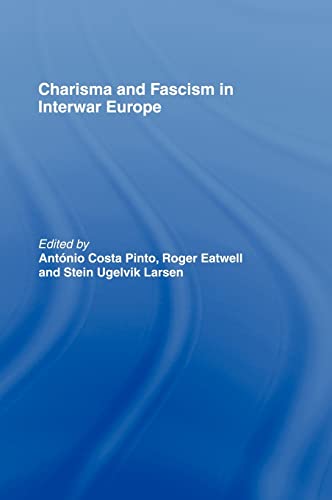

Most ebook files are in PDF format, so you can easily read them using various software such as Foxit Reader or directly on the Google Chrome browser.
Some ebook files are released by publishers in other formats such as .awz, .mobi, .epub, .fb2, etc. You may need to install specific software to read these formats on mobile/PC, such as Calibre.
Please read the tutorial at this link: https://ebookbell.com/faq
We offer FREE conversion to the popular formats you request; however, this may take some time. Therefore, right after payment, please email us, and we will try to provide the service as quickly as possible.
For some exceptional file formats or broken links (if any), please refrain from opening any disputes. Instead, email us first, and we will try to assist within a maximum of 6 hours.
EbookBell Team

4.8
34 reviewsFascism remains a topic that fascinates both academic and general audiences. This is the first book to look systematically at the leaders of fascism and related movements in the inter-war era.
It shows how fascist leaders came to personify their movements and why theFühreprinzipwas applied in all fascist organizations. It also explains how fascist leadership was of a very particular kind: It was almost unlimited in political discipline and required complete subordination. The legitimacy was based on a very vague notion of 'the organic unity of the state and the people', giving the leaders competence to rule without accountability to a party organization or state bodies. Thus, we can observe in all fascist parties/movements a practical form of leadership where policies of 'split and rule' were common in absence of principles of representation and opposition feedbacks. The fascist führer was the leader, the party, the ideology - and when in power: the state itself.
This book was previously published as a special issue ofTotalitarian Movements and Political Religions.